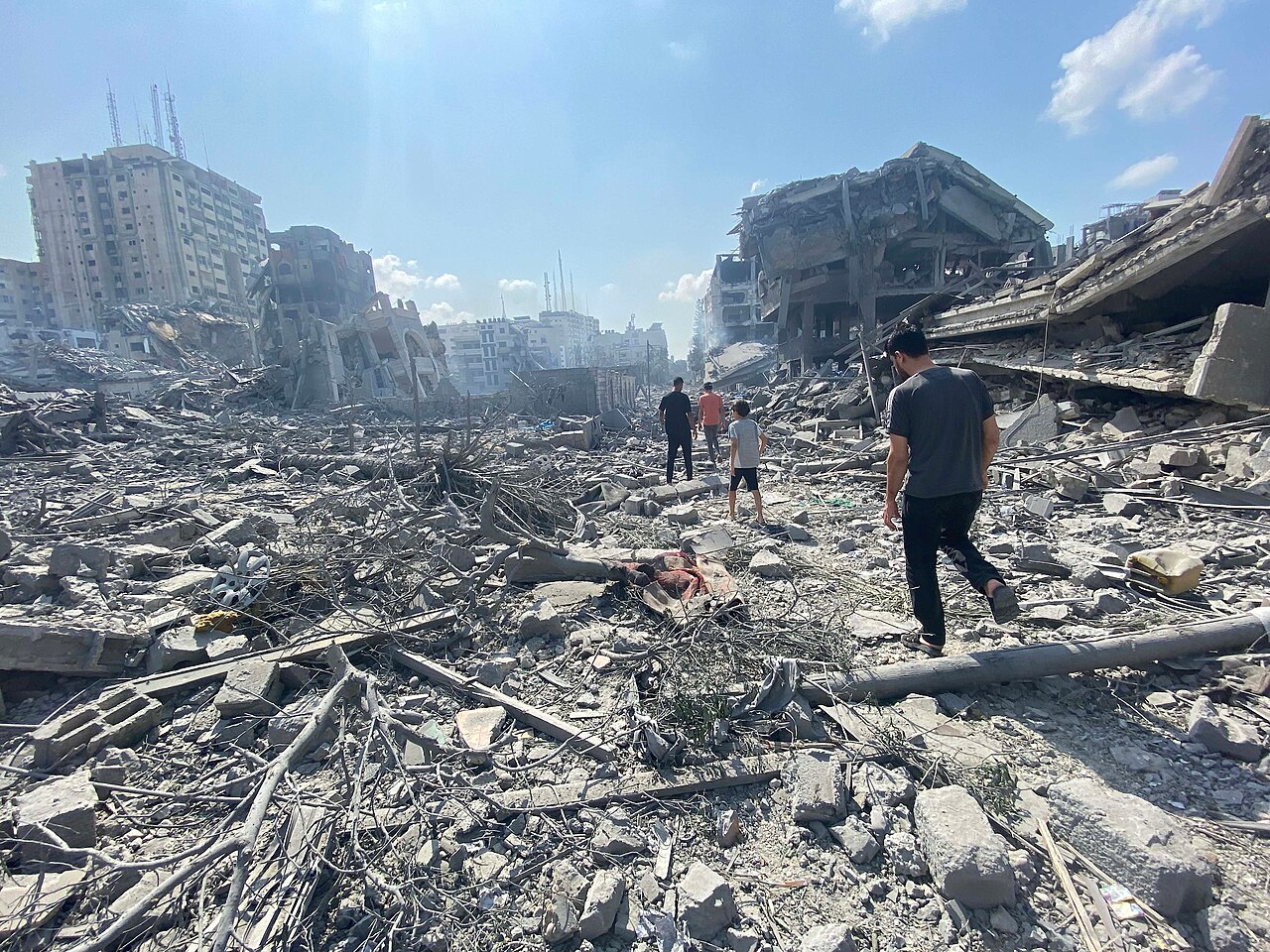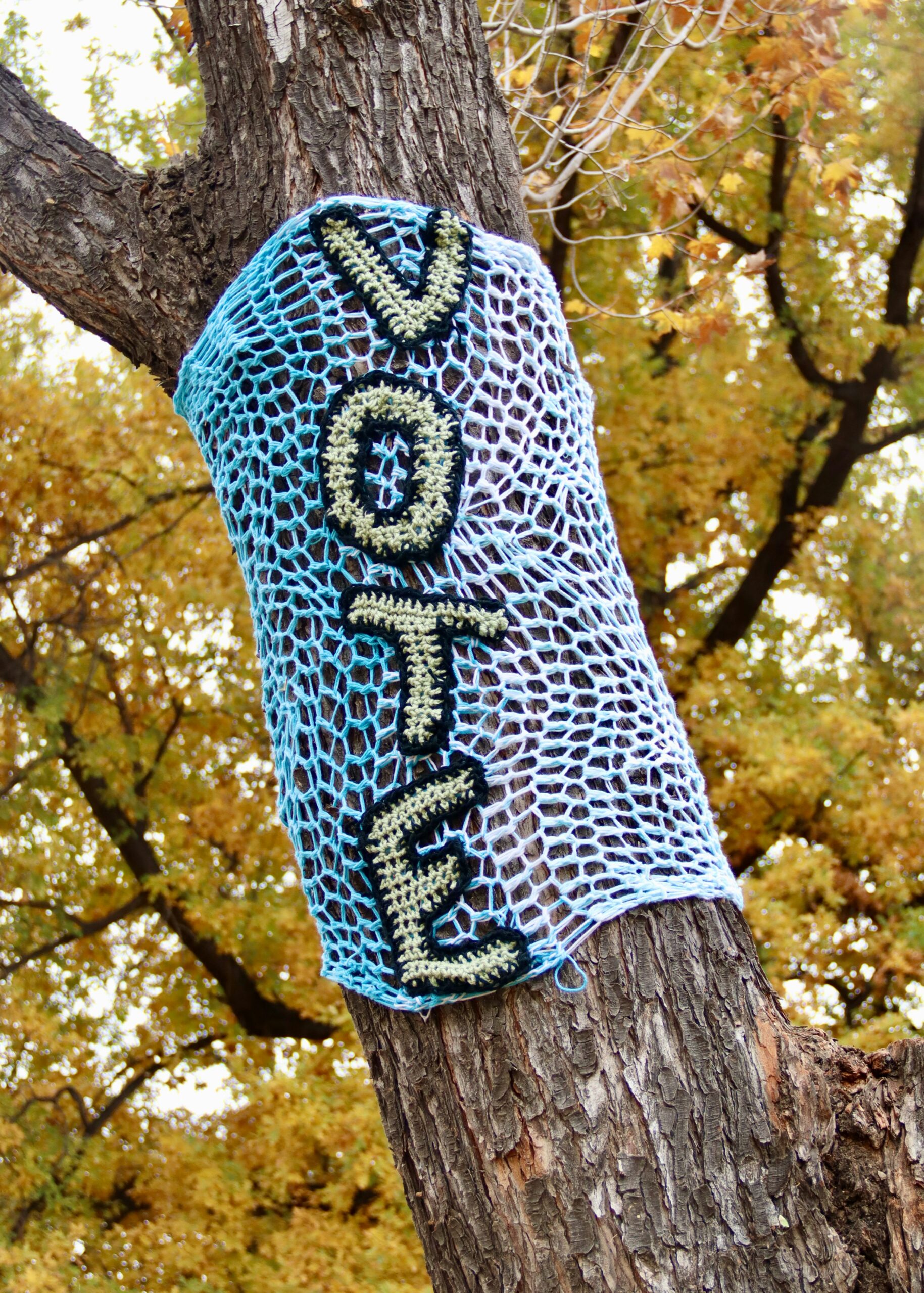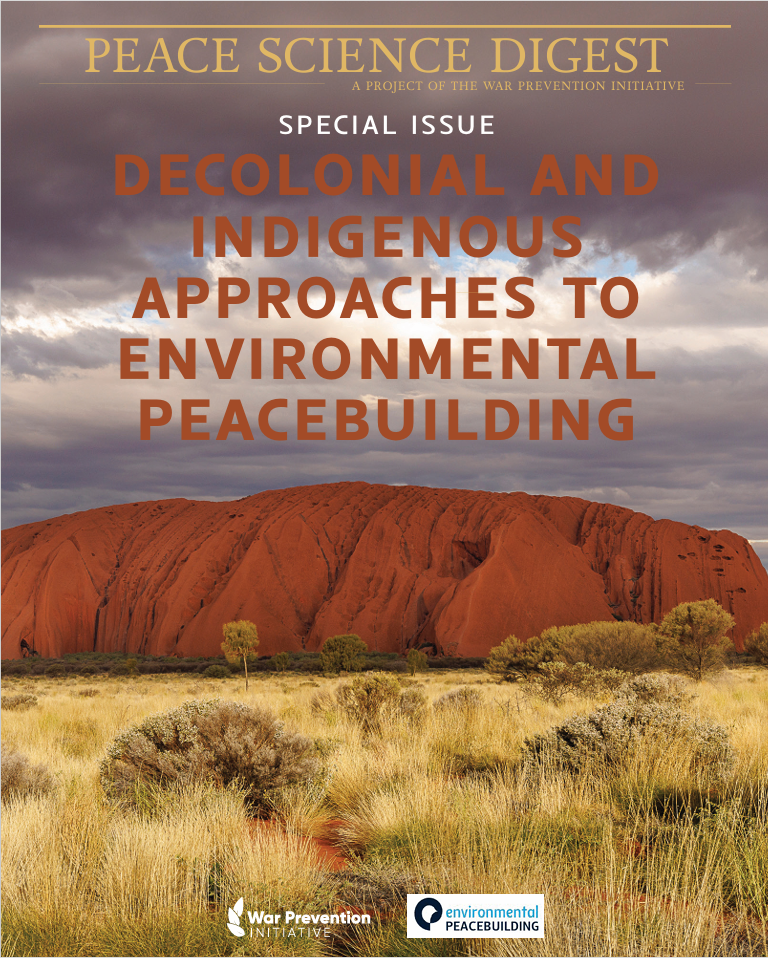
How to Tell the Truth about Racial Violence: The Case of Mississippi’s Incomplete Truth Commission
Truth commissions were initially used as a tool in the immediate aftermath of a violent conflict or during political transitions but, as their popularity surged in the 1990s and early 2000s, they began to be applied to contexts within established democracies to address historic harms and injustices.
War Prevention Initiative Condemns Political Violence
For immediate release July 14, 2024 PORTLAND, OR – The War Prevention Initiative strongly condemns political violence. The assassination attempt that killed one spectator and caused critical injuries to others at a Trump rally in Butler, Pennsylvania, is unacceptable. Violence does not solve political disputes or contribute to a stronger democracy. Only by showing compassion … Read more

How Indiscriminate Counterterrorism Can Backfire
While Israel’s use of selective counterterrorism, in the form of punitive house demolitions, did not have a clear impact on Palestinian public opinion, Israel’s use of indiscriminate counterterrorism, in the form of precautionary house demolitions, resulted in more “radicalized” political attitudes among Palestinians from the same district.

Militarization Decreases Women’s Share of Income
Governments should consider “the gendered consequences of military budgets” and reallocate military spending into education and healthcare to improve gender equality and increase women’s share of income.

Essay ‘Un-Contest’ on Peaceful Elections
The War Prevention Initiative (WPI) is seeking submissions for an essay “un-contest” on peaceful elections.

Special Issue: Decolonial and Indigenous Approaches to Environmental Peacebuilding
Environmental peacebuilding emerged from the convergence of multiple fields—like political science, environmental science, peace and conflict studies, and ecology—concerned with how the natural environment shapes conditions for peace and conflict. Read our special issue on the topic here.

Conversations on Indigenous and Decolonial Approaches to Environmental Peacebuilding: Interview with Dr. Diana Arbelaez-Ruiz
We conducted a series of interviews with experts to gain deeper insight into Indigenous and decolonial approaches to environmental peacebuilding. Here, we have Dr. Diana Arbelaez-Ruiz.

Conversations on Indigenous and Decolonial Approaches to Environmental Peacebuilding: Interview with Dr. Theresa “Isa” Arriola
We conducted a series of interviews with experts to gain deeper insight into Indigenous and decolonial approaches to environmental peacebuilding. Here, we have Dr. Theresa “Isa” Arriola.

Conversations on Indigenous and Decolonial Approaches to Environmental Peacebuilding: Interview with Dr. Elaine (Lan Yin) Hsiao
We conducted a series of interviews with experts to gain deeper insight into Indigenous and decolonial approaches to environmental peacebuilding. Here is one with Dr. Elaine (Lan Yin) Hsiao.

Spotlight: Environmental Peacebuilding in the Columbia and Snake River Basin
The Columbia River and the Snake River are lifelines for endangered salmon and other fish. Tribal nations, tribally led non-profit organizations, and other stakeholders have collaborated in environmental peacebuilding efforts to ensure healthy riverways.

Water Cooperation as “Imperfect Peace” amid Conflict and Insecurity
Although the riparian countries have not reached a comprehensive, binding treaty on water sharing, multiple state and non-state actors in the region have developed water governance mechanisms and other forms of cooperation related to water management despite ongoing violent conflict and instability—a situation the authors describe as “imperfect peace.”
